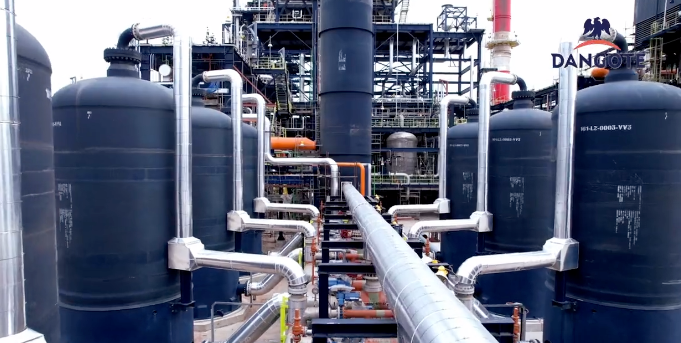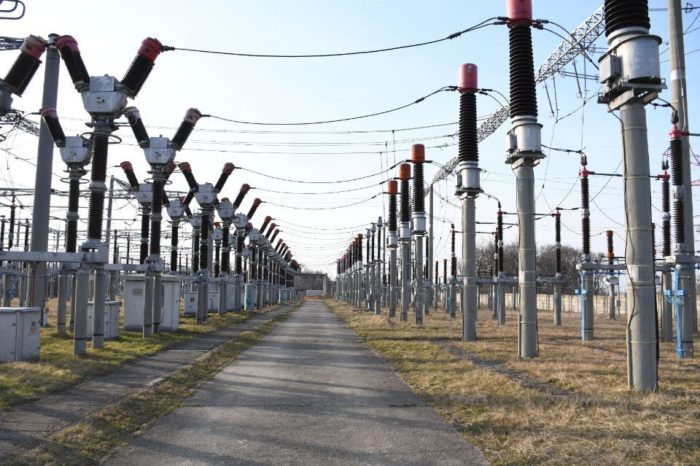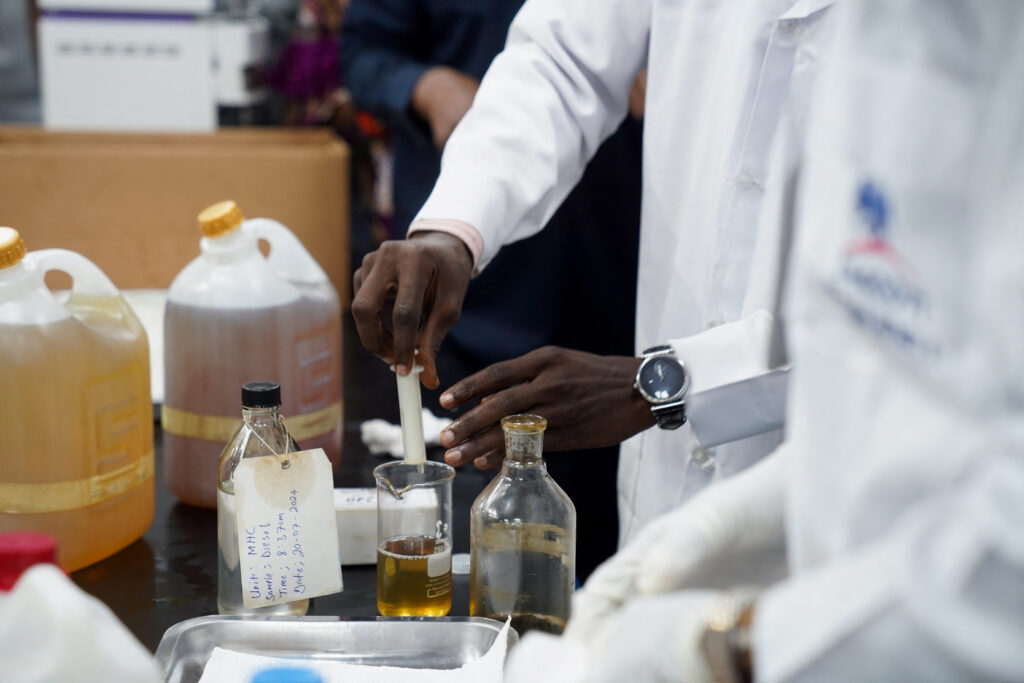Anti-fossil fuel campaign in jeopardy: UK Government approves 100 new North Sea oil, gas licenses, ignores environmentalists

Prime Minister Rishi Sunak
Oredola Adeola
In a surprising move that contradicts its green policies and environmental campaign, the United Kingdom(UK) government has announced its intention to grant hundreds of new oil and gas licenses for drilling in the North Sea.
Prime Minister Rishi Sunak, made this known on Monday, saying that 100s of the new North Sea oil and gas licences were aimed at supporting a carbon capture project in the northeast of Scotland.
EnergyDay’s findings showed that several oil and gas companies, including Maersk Oil and Gas, DONG Energy, Hess, British Petroleum Plc, Shell UK Plc, Equinor ASA, Neptune Energy, Schlumberger, Halliburton, Fluor, Baker Hughes, Transocean, ENSCO, Seadrill, and Noble Corporation, have shown interest in drilling in the North Sea, with some of them being major players in the North Sea oil and gas market.
Mr Sunak in his statement on said that granting the new licences was “entirely consistent” with net zero commitments, adding that it is part of the drive to make Britain more energy independent.
Mr Sunak confirmed support for the Acorn Project in St Fergus, Aberdeenshire, on the BBC’s Good Morning Scotland programme, then later visited the site.
EnergyDay gathered that the Acorn project was one of four carbon capture projects which will share up to £20bn of funding.
EnergyDay’s check showed that the St Fergus project is a joint venture between Shell UK and other companies. Further check revealed that the project is expected to become Scotland’s first carbon capture and storage facility, which would see harmful greenhouse gas emissions piped under the North Sea.
This project would prevent the release of carbon dioxide into the atmosphere, by capturing it at the point where the fossil fuel is being burnt.
The UK Prime Minister said the announcement would support thousands of jobs across the UK, adding that granting the new oil and gas licences was “the right thing to do.
He said, “Even when we reach net zero in 2050, a quarter of our energy needs will still come from oil and gas, and domestic gas production has about a quarter or a third of the carbon footprint of imported gas.”
“It made “absolutely no sense” to import energy supplies with “two to three times the carbon footprint of what we have got at home,” the UK PM said.
He further claimed that increasing home-grown sources of energy would improve the UK’s resilience, create jobs and generate tax revenue to fund public services.
Mr Sunak said the government was determined to transition to net zero in a “proportionate and pragmatic” way.
EnergyDay gathered that the UK Government has therefore granted the North Sea Transition Authority (NSTA) permission to oversee the process, which will involve a climate compatibility test.
However, critics have argued that the test is not stringent enough to ensure that new oil and gas licenses are compatible with the UK’s commitments to limit global warming to well below 2°C and reach net zero emissions by 2050.
Campaigners and environmentalists said that extracting more fossil fuels from the North Sea would send a wrecking ball through the UK’s climate commitments.
Labour’s Ed Miliband claimed the Conservatives’ energy policy had left Britain as “the worst hit country in Western Europe during the energy crisis”.
Mr Miliband, the shadow climate change secretary, said: “Rishi Sunak’s weak and confused policy will not take a penny off bills – as his own party chair has admitted – will do nothing for our energy security, and drive a coach and horses through our climate commitments, while continuing to leave us at the mercy of fossil fuel dictators like Putin.”
And Scotland’s First Minister Humza Yousaf said the new oil and gas licences demonstrated the UK government was “not serious about tackling the climate emergency”.
He tweeted “For the PM to announce unlimited extraction of oil & gas, in the week the UN has confirmed July is set to be the hottest month in human history, shows the PM is willing to recklessly gamble the future of our planet for cheap political gain.”





